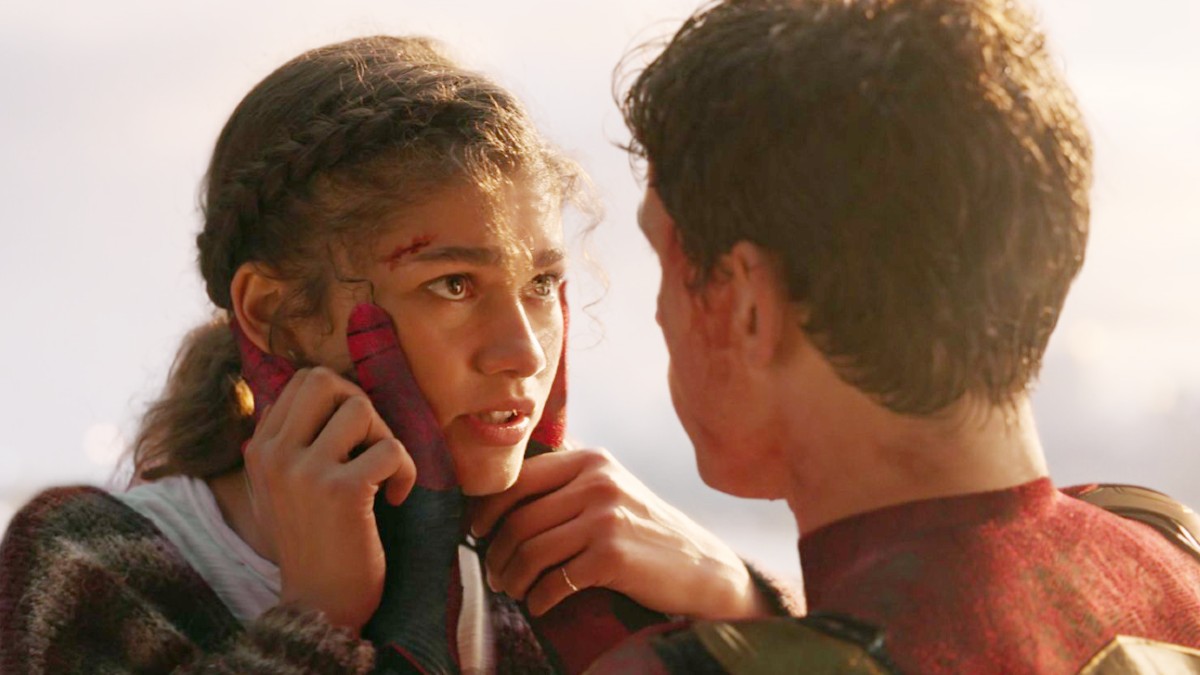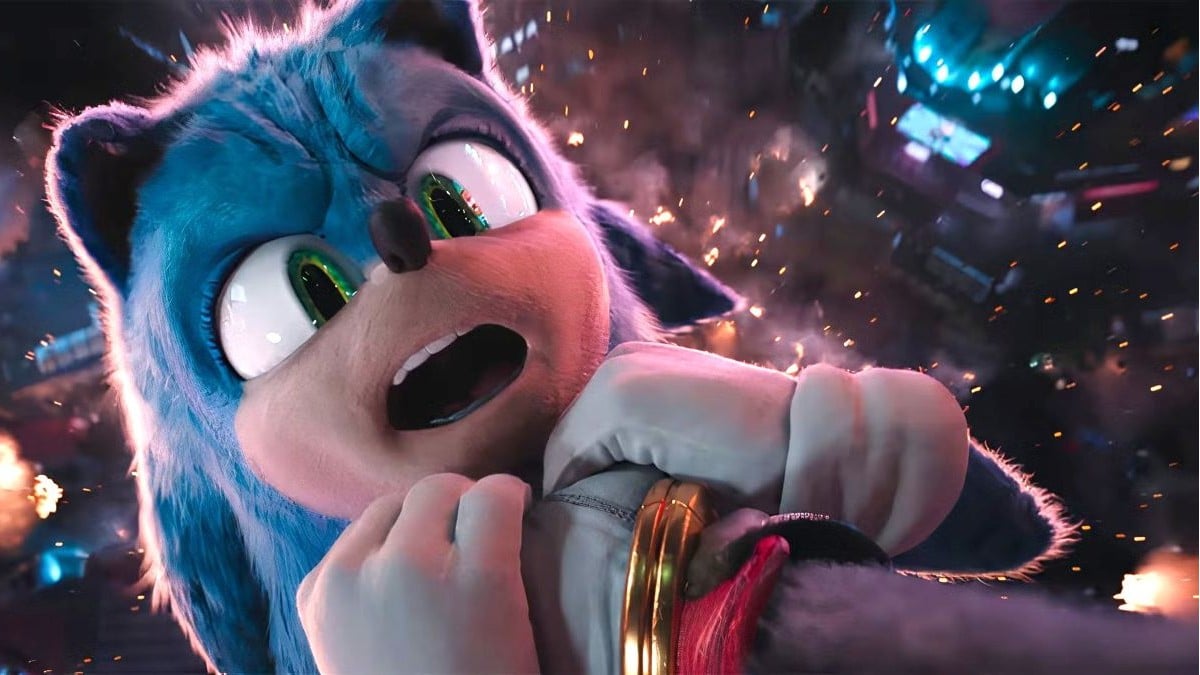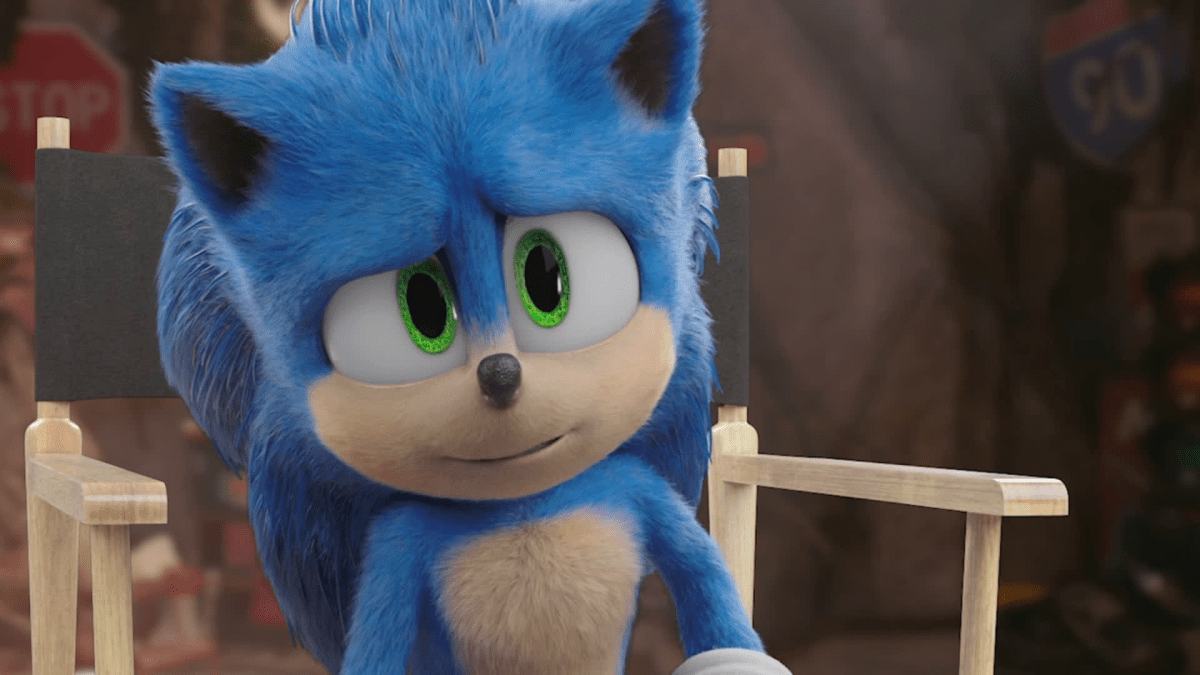
I have always been confused and, at times, agitated at the absolute deification of Tim Burton in some circles. His cult of hardcore fans will give a free pass to just about anything he puts his name to, even if it happens to be complete and utter garbage (see Alice in Wonderland or Corpse Bride for reference). The sad truth is that Burton has been on autopilot for a very long time now, continuing to exercise his considerable aesthetic talents without generating the heartfelt, personal spark that defined his early work. I want Burton to be at his best, but because so much of his output over the last fifteen years has rung hollow, I find myself continually lowering expectations with each new feature.
I am overjoyed to report, then, that Frankenweenie – a black-and-white, stop-motion animation remake of his 1984 live-action short – requires no adjustment of expectations. Prepare yourself for greatness on the way in, and the film may still surprise you with its touching, personal storytelling and staggering technical accomplishments. This is not Burton on autopilot, but Burton at his very best, putting his heart and soul on screen once again and fueling each frame with the same manic, precisely controlled energy that made works like Beetlejuice or Edward Scissorhands such instant, beloved classics.
The film features the same simple story as the original short – a boy, Victor Frankenstein, resurrects his deceased dog using the same ‘scientific’ method as his namesake – but it’s the specific way Burton tells this tale that makes Frankenweenie such a delight. Mixing classic horror language with earnest, absurdist comedy, the film has plenty of outstanding entertainment to offer, but is always anchored by its warm, thoughtful heart.
The film addresses death and loss in frank, relatable terms, and is one of the only movies – family-friendly or otherwise – I can recall ever actually telling the audience that ‘moving on’ is overrated. The traditional, Hollywood-approved narrative of gradually getting over grief one step at a time is nowhere to be found in Frankenweenie, replaced by the subversive and cathartic message that holding onto one’s pain is, if not entirely healthy, the natural and human thing to do.
When Victor’s parents tell him that his beloved dog Sparky will always live on in his heart, Victor replies: “I don’t want him in my heart. I want him here.” It is such an honest, well-observed emotional beat, one that errs painfully close to the way most of us process grief. As delightfully over-the-top as the story eventually becomes, it’s that core desire to cheat or overcome death that continually grounds the narrative, and it makes the film feel fresh not just among Burton’s oeuvre, but among the modern cinematic landscape as a whole.

Burton’s ingenuity does not stop there. One of the film’s greatest pleasures comes in seeing him subvert his typical arc about loners and outcasts. Victor is certainly a lonely child, but unlike most Burton protagonists, he is surrounded by a city of much greater, wilder freaks. His teacher is a gaunt, intimidating, Eastern-European mad scientist; every kid in his class belongs to a different, exaggerated horror archetype; and the adults are stylized, self-obsessed cartoons. In addition to being madly entertaining, this city of oddities represents a marked maturation in Burton’s standard worldview. The point is no longer that the oblivious outside world fails to understand Victor, but that the outside world is too wrapped up in its own eccentricities and issues to care much about anything or anyone else.
Thematic points aside, this is a fairly tremendous, expressive ensemble Burton and his animators have put together, crafting each character with humor, heart, and incredible amounts of visual expression. It is no coincidence that Frankenweenie is Burton’s first film in years not to feature Johnny Depp, Helena Bonham Carter, or the rest of the director’s usual troupe, for this is not a film about conventional ‘performance.’ There are several very talented actors involved, but with the exception of Martin Landau – who gets to steal the show as mad Mr. Ryzkruski – each takes a back seat to their character’s visual depiction. Long stretches of the movie are, in fact, dialogue-free, and Victor himself says relatively few words from start to finish. As such, the characters feel much more fully formed and wholly realized than recent Burton projects have allowed.
The best example, without question, is Sparky, the resurrected dog of the title. He serves, in fact, as a key demonstration of why stop-motion is the ideal format for Frankenweenie. A real dog, no matter how well trained, could not achieve the levels of nuanced expression Sparky displays here. This pup has seemingly boundless energy and personality, working his way into our hearts the same way he roots himself into Victor’s. We have no trouble understanding Victor’s connection to Sparky, because Burton’s creative, spirited animation demonstrates why this is a dog worth reanimating.
The film is aesthetically awe-inspiring across the board, largely thanks to Burton’s expert employment of black-and-white photography. He understands how to wring the maximum effectiveness out of black-and-white as well as any director living today, lighting and balancing each shot with the same master precision as the filmmakers behind Universal’s classic monster movies. In fact, Frankenweenie may be right up there with Ed Wood as Burton’s most visually accomplished work, further indicating that the man should probably abandon color altogether. It comes across as such an unnecessary distraction for him in most films, especially given how instinctual his comprehension of black-and-white seems to be.
The animation itself is flawless, highly stylized but a little different than any past stop-motion project. The animators bring several extremely kooky ideas to life with a go-for-broke sense of fun and whimsy, perfectly recreating in one sequence the exact atmosphere of a Japanese Daikaiju monster movie. 3D is employed as well as I have ever seen, creating a palpable sense of depth and emphasizing the handmade, tactile nature of the stop-motion models. And Danny Elfman, of course, must be commended for his strong work; like Burton, Elfman can often be content to rest on his laurels, but this score pushes itself hard, always to great effect.
Frankenweenie is a slighter film that the early highs of Burton’s career, but the level of improvement between the director’s recent work and this film is nevertheless staggering. I do not know if this will lead to a new period of creative success for the director, but I very much hope it does. With Frankenweenie, Burton is back on the top of his game, rediscovering the voice that made him an icon. For once, his fans should rejoice, and they should expect this high standard of whatever he does next. Potential like Burton’s should not be wasted.
Sorry, this video is currently unavailable.





Published: Oct 5, 2012 12:05 am